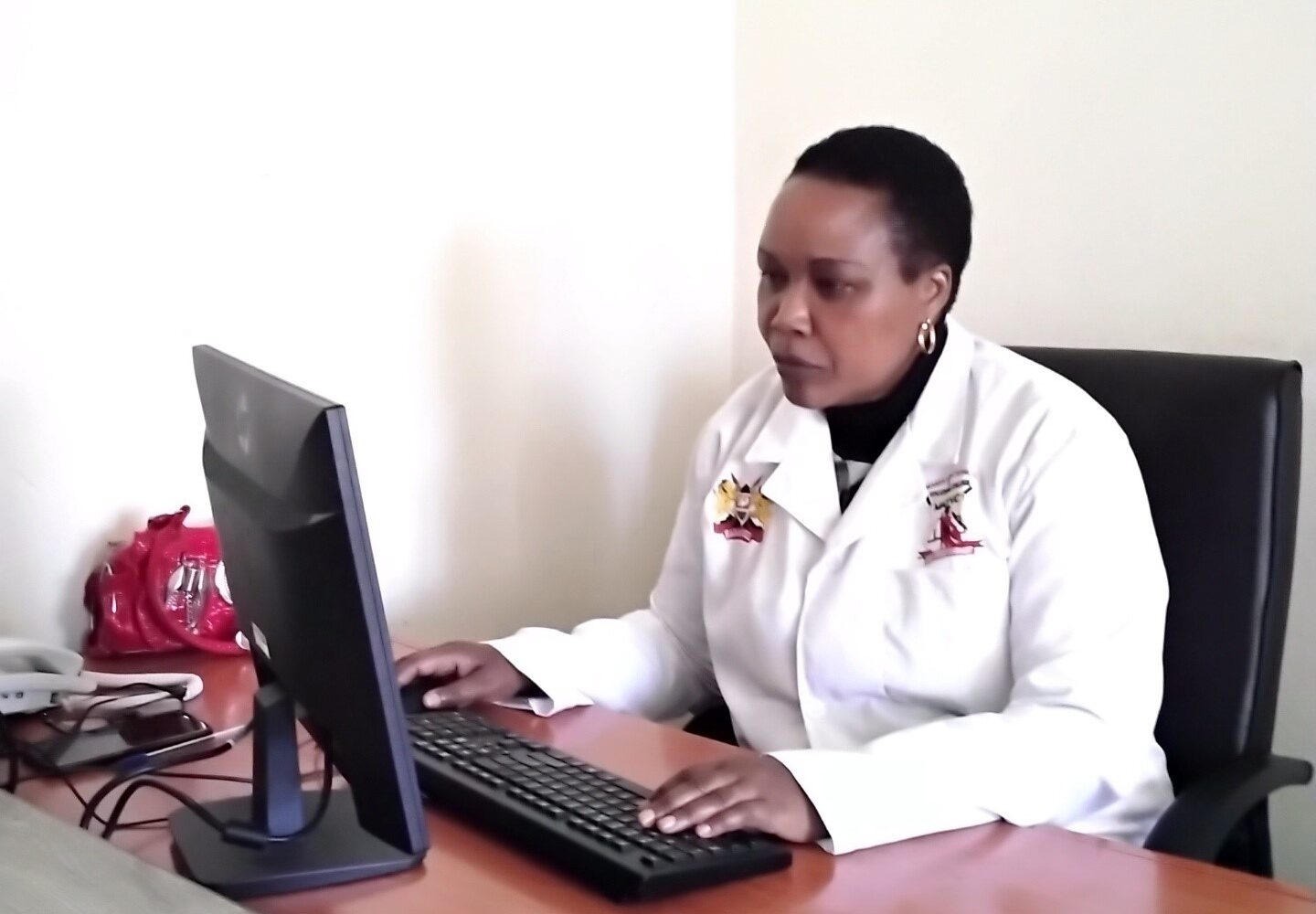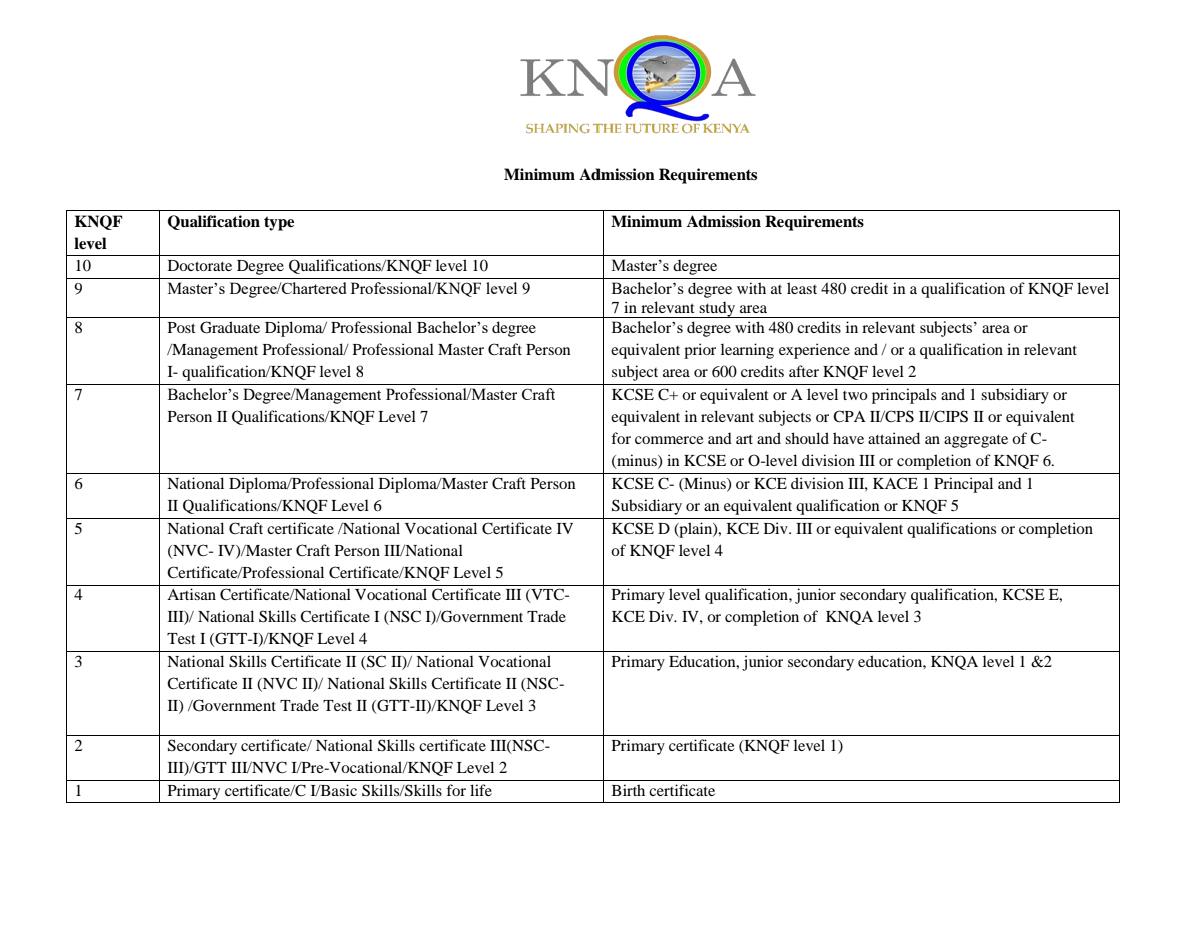Introduction
Global and national education authorities around the world through different approaches, are seeking innovative curriculum solutions to improve the quality and relevance of student learning and to enable the students to apply their learning to the challenges and opportunities they encounter. On the other side knowledge and education are considered among the major factors contributing to the reduction of poverty, sustainable development and economic growth. It is the curriculum that is increasingly viewed as the foundation of educational reforms that are aimed at achieving high quality learning outcomes.


